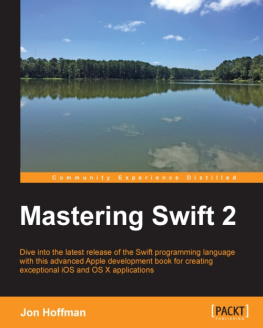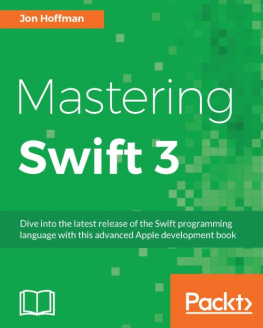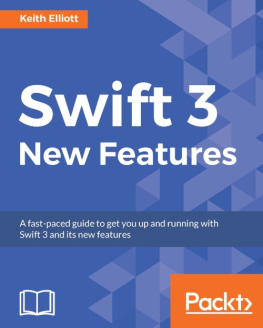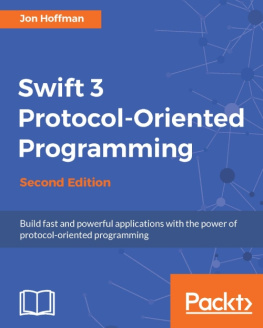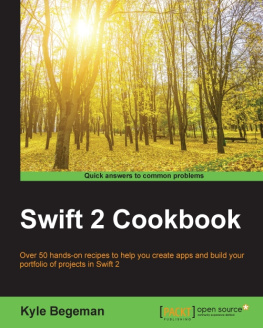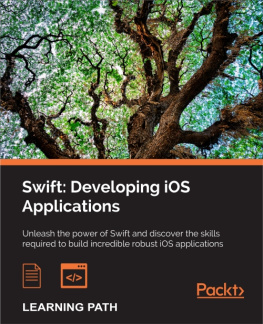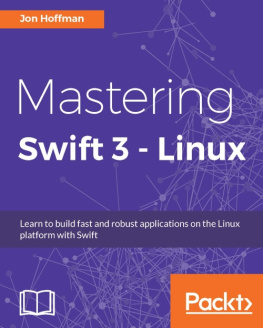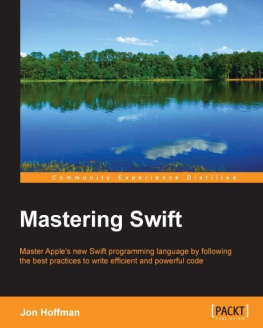Support files, eBooks, discount offers, and more
For support files and downloads related to your book, please visit www.PacktPub.com.
Did you know that Packt offers eBook versions of every book published, with PDF and ePub files available? You can upgrade to the eBook version at > for more details.
At www.PacktPub.com, you can also read a collection of free technical articles, sign up for a range of free newsletters and receive exclusive discounts and offers on Packt books and eBooks.
https://www2.packtpub.com/books/subscription/packtlib
Do you need instant solutions to your IT questions? PacktLib is Packt's online digital book library. Here, you can search, access, and read Packt's entire library of books.
Why subscribe?
- Fully searchable across every book published by Packt
- Copy and paste, print, and bookmark content
- On demand and accessible via a web browser
Free access for Packt account holders
If you have an account with Packt at www.PacktPub.com, you can use this to access PacktLib today and view 9 entirely free books. Simply use your login credentials for immediate access.
Preface
Swift is Apple's new programming language that was introduced at the Worldwide Developers Conference (WWDC) in 2014, alongside the integrated development environment Xcode 6 and iOS 8. Swift was arguably the most significant announcement at WWDC 2014, and very few people, including Apple insiders, were aware of the project's existence prior to it being announced.
At WWDC 2015, Apple made another big splash when they announced Xcode 7 and Swift 2, which is a major enhancement to the Swift language. During WWDC, Chris Lattner said that a lot of the enhancements were based on direct feedback that Apple received from the development community.
Swift can be thought of as Objective-C reimagined using modern concepts and safe programming patterns. In Apple's own words, Swift is like "Objective-C without the C". Chris, the creator of Swift, said that Swift took language ideas from Objective-C, Rust, Haskell, Ruby, Python, C#, CLU, and far too many others to list.
Apple has also stated that "Swift is a successor to the C and Objective-C languages". Therefore, it is imperative for iOS and OS X developers who want to keep their skills up to date to not only learn, but also master the Swift programming language.
The first five chapters of this book will introduce the reader to the Swift programming language. These chapters will give the reader a solid understanding of the Swift programming language. The remainder of the book will cover more advanced topics such as concurrency, network development, protocol extensions, and design patterns that will help the reader master this language.
This book is written in an example-based approach where each topic covered is backed by examples, which are written to reinforce the topic and show how to implement it within the reader's code.
Since Swift is constantly changing and evolving, I've started a blog at http://masteringswift.blogspot.com/ to keep the readers up to date with what is new with Swift. The blog will also be used to enhance and expand on the material in the book.

